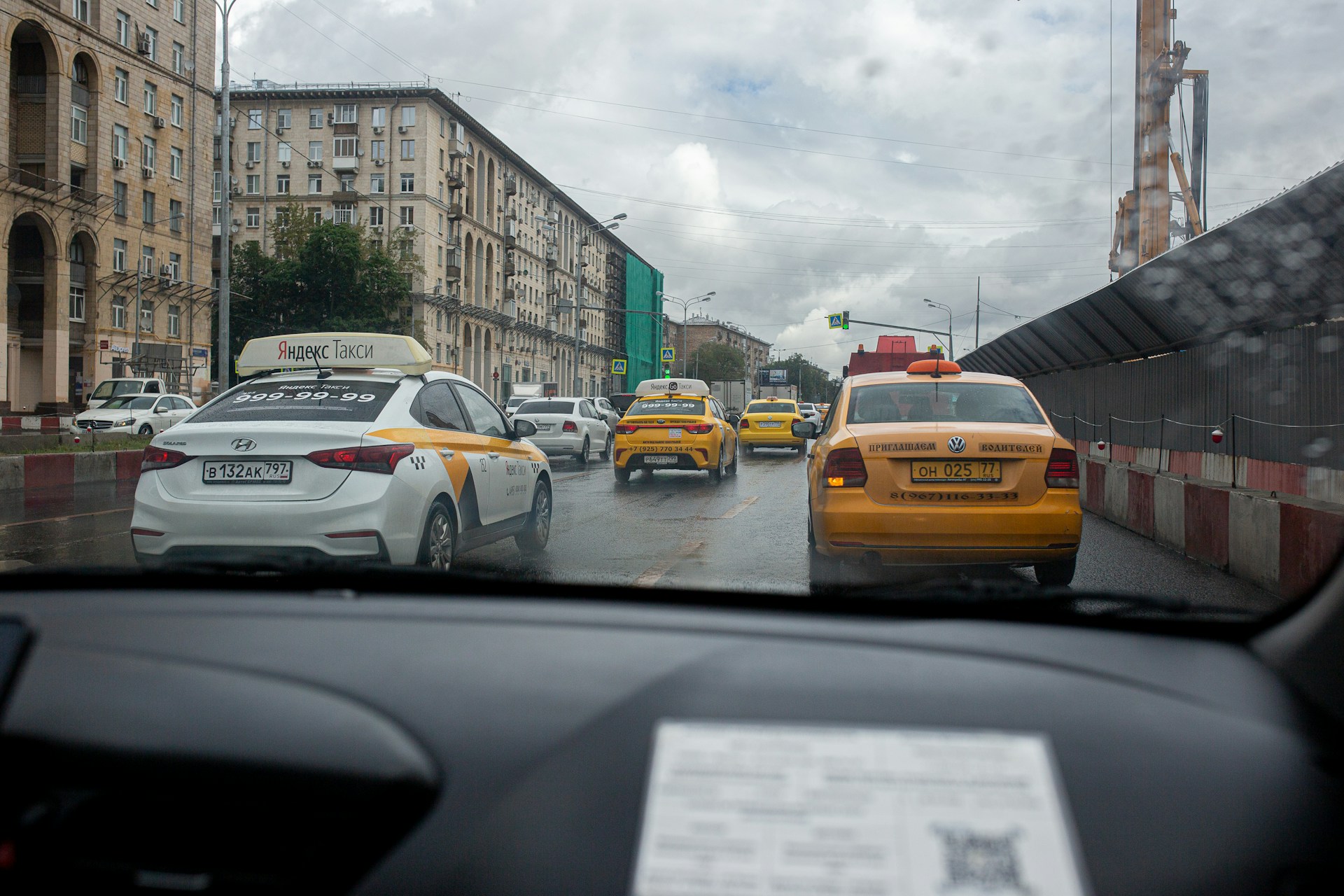
Africa's Labour Productivity Gap: A Threat to Economic Growth
African countries lag behind in labour productivity, hindering economic growth and innovation, with Libya leading the pack at $30 per hour worked.


Bizbooq

Africa's electricity crisis continues to plague the continent, with over 500 million people remaining without access to reliable electricity, hindering socio-economic development and industrial growth. Access to electricity is a critical driver of socio-economic development, yet power generation in Africa remains plagued by numerous challenges.
According to the recently released State of African Energy Report 2025, out of the 685 million people without access to electricity globally, 590 million (86%) reside in Africa. This staggering figure highlights the significant challenge of achieving widespread electricity access, particularly in rural areas with little to no connectivity.
The report reveals a notable disparity in power supply when comparing regions. In 2023, South America, with similar geographical conditions and a population of about 400 million, recorded a per capita power demand of nearly 2,300 kilowatt-hours (kWh). In contrast, Africa, with a population of about 1.5 billion, had a significantly lower per capita demand of approximately 418 kWh. This means that, on average, a person in South America consumes five times more electricity than a person in Africa.
The disparity is even more pronounced when compared to Europe, where per capita power demand is over 5,000 kWh. Africa's energy deficit has been attributed to a combination of economic, infrastructural, and policy challenges. The continent's vast natural resources and immense potential for renewable energy development have not been fully leveraged to address the energy crisis.
The State of African Energy Report divides the continent into two regions based on their location relative to the Sahara Desert: North Africa and Sub-Saharan Africa. North Africa, consisting of seven countries, represents the continent's largest regional power market. These countries generally boast electricity access rates exceeding 90% and have been actively implementing strategies to improve their power sectors, reduce dependence on fossil fuels, and facilitate the energy transition.
In contrast, many Sub-Saharan African countries face significant challenges, with half of the region's population still lacking access to electricity. Countries in Sub-Saharan Africa have managed to raise their electricity access rates to 55% today, up from 38.3% in 2010. However, the slow progress in electrification has been attributed to rapid population growth, which has outpaced efforts to expand electricity access.
Some Sub-Saharan African countries, such as Botswana, Gabon, Ghana, Kenya, and South Africa, have relatively high electricity access rates, with over 75% of their populations connected to the grid. However, nearly seven countries in the region have electricity access rates under 20%, meaning only one in five people has electricity.
In an effort to address Africa's electricity crisis, the World Bank and the African Development Bank have launched an ambitious initiative, "Mission 300," aimed at providing electricity access to at least 300 million people in Africa. This commitment is now rallying development partners and gaining momentum both within Africa and internationally.
The World Bank Group will work to connect 250 million people, while the African Development Bank Group will support an additional 50 million people. This project, which aims to switch on millions of African homes through connections to the electricity grid or distributed renewable energy solutions, could be transformational for people's well-being, protecting forests, and all facets of the region's economy.
As Africa continues to grapple with its electricity crisis, it is clear that a comprehensive understanding of the underlying issues and their impacts is crucial. Addressing these challenges will require a concerted effort from governments, organizations, and development partners to provide reliable electricity access to millions of Africans, unlocking the continent's vast potential for socio-economic development and industrial growth.

African countries lag behind in labour productivity, hindering economic growth and innovation, with Libya leading the pack at $30 per hour worked.


Apple takes 20% stake in GlobalStar, prepaying $1.1B to expand iPhone satellite services, enhancing emergency features and global connectivity


Nebius, with its headquarters in the Netherlands, is aiming to become a leading player in the burgeoning "GPU-as-a-service" space in Europe

Copyright © 2023 Starfolk. All rights reserved.